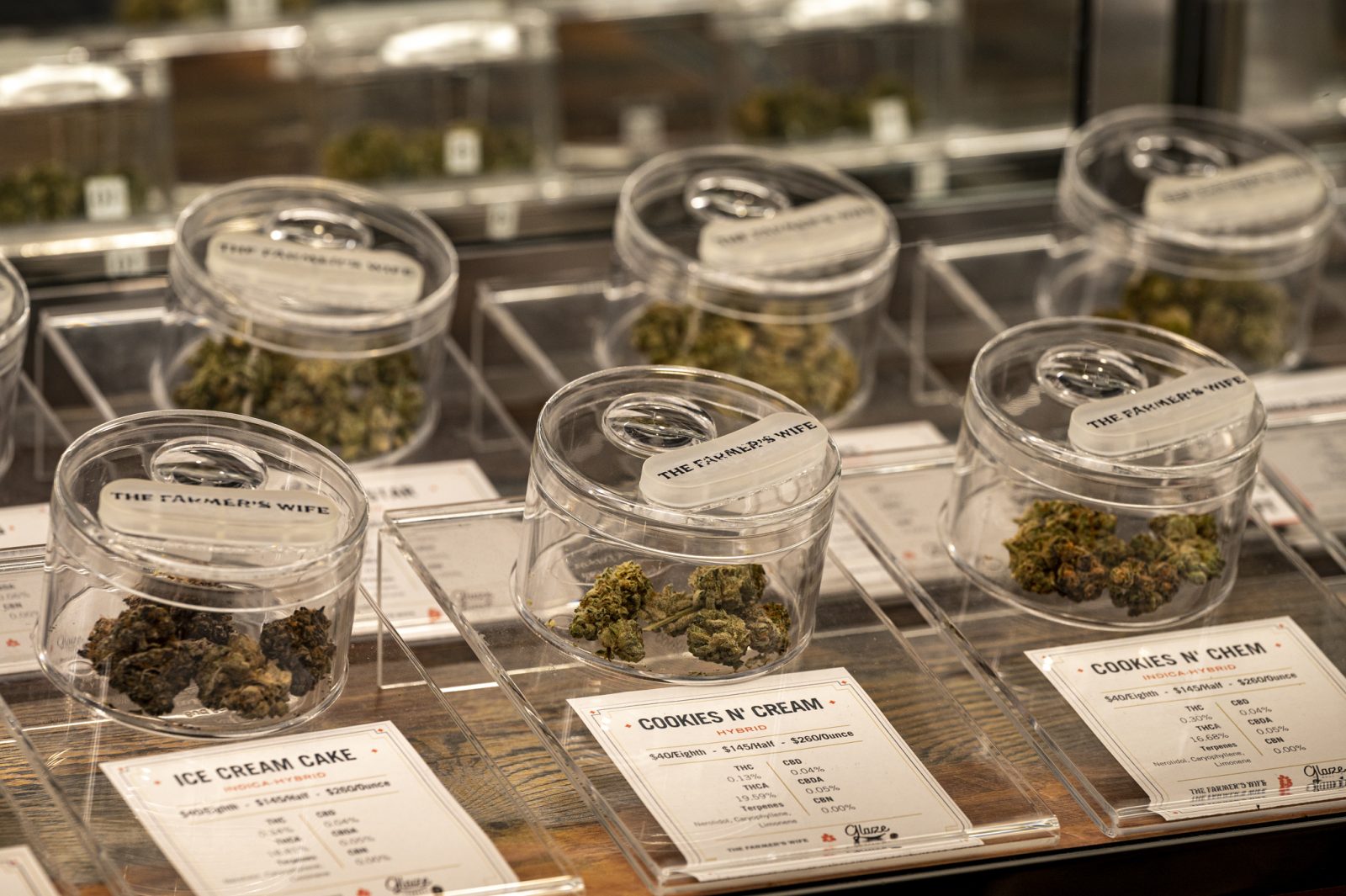OPINION|
Missouri voters approved Amendment 3 of the Missouri Constitution in the November 2022 election. In part, this amendment legalizes the purchase, possession, consumption, use, and sale of recreational marijuana for adults over the age of twenty-one.
As a result, our state’s founding document now gives local governments discretion to ask voters for an additional sales tax on the purchase of non-medical, recreational marijuana products. Similar ballot measures were successful this year in Joplin, Ozark, Columbia, St. Louis and Kansas City.
Consequently, if Springfield voters approve Question 1 in the Aug. 8 election, an additional 3 percent sales tax on non-medical cannabis products could generate roughly $1.8 million in annual revenue for critical needs (red flags) identified in the 2021 Community Focus Report: mental health, substance abuse, housing, and public safety.
Column continues below:
related story
Springfield voters to decide on 3-percent sales tax on recreational marijuana Aug. 8
Recreational marijuana is back on the ballot for Springfield voters, who will decide on Aug. 8 whether the City of Springfield can impose an additional 3-percent sales tax on recreational marijuana.
Funding mental health and substance abuse services
Several community reports and presentations have been published for public review and consideration. One of those reports is Ozarks Health Commission’s 2022 Regional Community Health Assessment showing that substance abuse and mental health were the top two community health needs. Therefore, approving Question 1 on the ballot could help municipal government do its part to allocate additional resources targeting the social determinants of healthy communities. For example, the Springfield-Greene County Health Department or the City of Springfield Planning and Development Department could make grants available to community health partners similar to how HUD Community Development Block Grant funds are allocated annually.
In general, low-cost counseling services, detoxification treatment, and other supports are few compared to post-pandemic demand. Yet, increased availability of health support services are key to helping vulnerable Springfieldians achieve gainful employment and housing security, and in some cases reunification with their children.
Supporting efforts to alleviate housing costs
The vast majority of Springfield residents who completed phase one of the 2023 City of Springfield Housing Study Survey responded affirmatively that affordable, workforce housingare missing from Springfield’s neighborhoods. A “yes” vote for Question 1 could establish a revenue source to help tackle our “missing middle” housing types identified within the Forward SGF Comprehensive Plan-Chapter 7 through low-interest loans and tax incentives to housing developers.
Voter-approval could alleviate housing cost burdens for Springfieldians, making it possible to budget sales tax revenue towards subsidized housing and emergency rental assistance; but also support landlord relations and a loss mitigation fund as recommended in the 2022 Homeless System of Care: Analysis of Need. Ultimately, the Queen City could allocate cannabis tax revenue to pave the way for an affordable housing trust fund.
Or, perhaps we could heed the call of a joint initiative from the Neighborhood Advisory Council (NAC) and Community Partnership of the Ozarks’ (CPO) 2023 Nuisance Property Workgroup Report by funding Employer-Assisted Housing Grants (EAHG). The purpose of EAHG grants is to offer forgivable loans to public employees living in low-to-moderate income census tract neighborhoods within the city limits while offering a private sector employer version of the EAHG program in the form of a city-matching program.
Approving Question 1 could also make funding available for eligible first-time homebuyers through organizations such as Springfield Community Land Trust or Restore SGF to increase homeownership in our city which currently hovers around 41 percent, according to 2020 U.S. Census data.
Enhancing public safety
Community health and housing needs are obvious, but nothing seems to matter more to Springfieldians than public safety. It tends to be the No. 1 issue on the campaign trail for city council candidates and voters alike, but also for 2021 City of Springfield American Rescue Plan Act (ARPA) survey respondents. Therefore, a “yes” vote on Question 1 could support the Springfield Police Department’s Crime Prevention Through Environmental Design (CPTED) Program. According to a recommendation from the 2022 NAC/CPO Nuisance Property Report, CPTED grants can reduce criminal activity such as property crimes, “gun violence, youth homicide, disorderly conduct, violent crime.”
Voter approval could also enhance co-responder training and service coordination offered by the Springfield Police Department for implementing existing homeless encampment protocols and greater access to Burrell Behavioral Health’s Rapid Access Unit for individuals in crisis.
Please vote August 8th
In closing, community health, public safety, and the housing shortage is everyone’s business. Amendment 3 of the Missouri Constitution allows local governments to tax non-medical cannabis sales an additional 3% with voter-approval. The City of Springfield offers Question 1 on the August 8th ballot. Voters will decide if the aforementioned community-driven possibilities move forward or go up in smoke.



